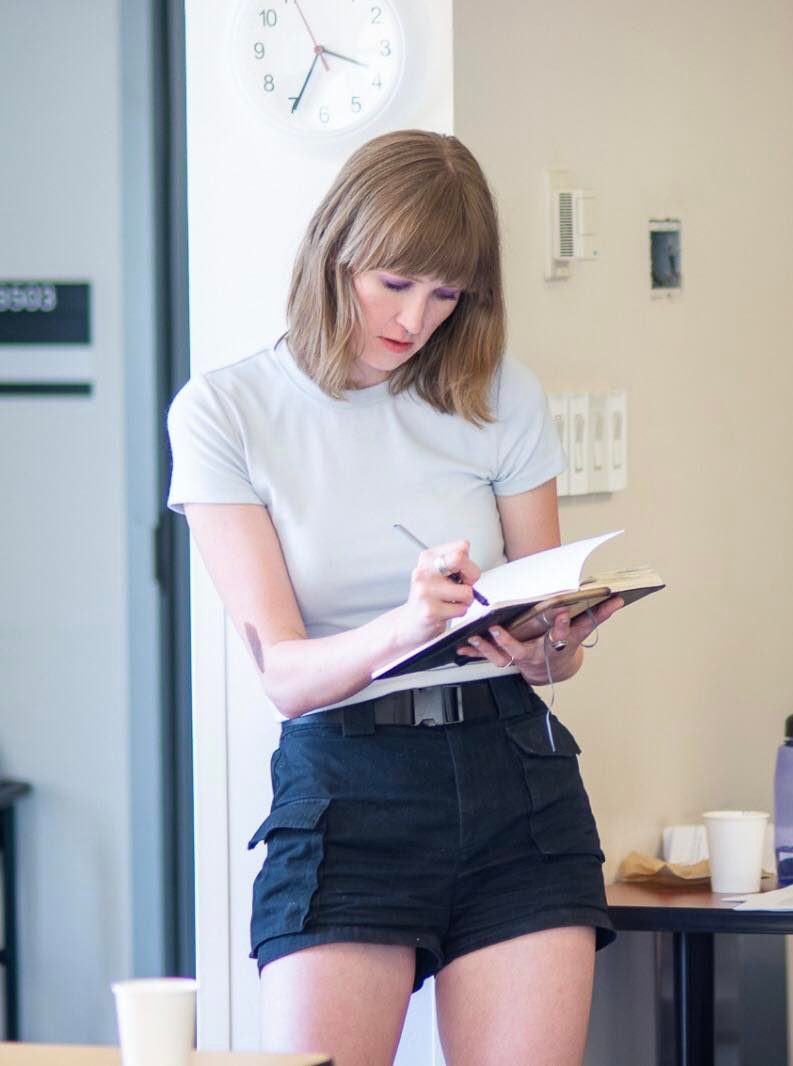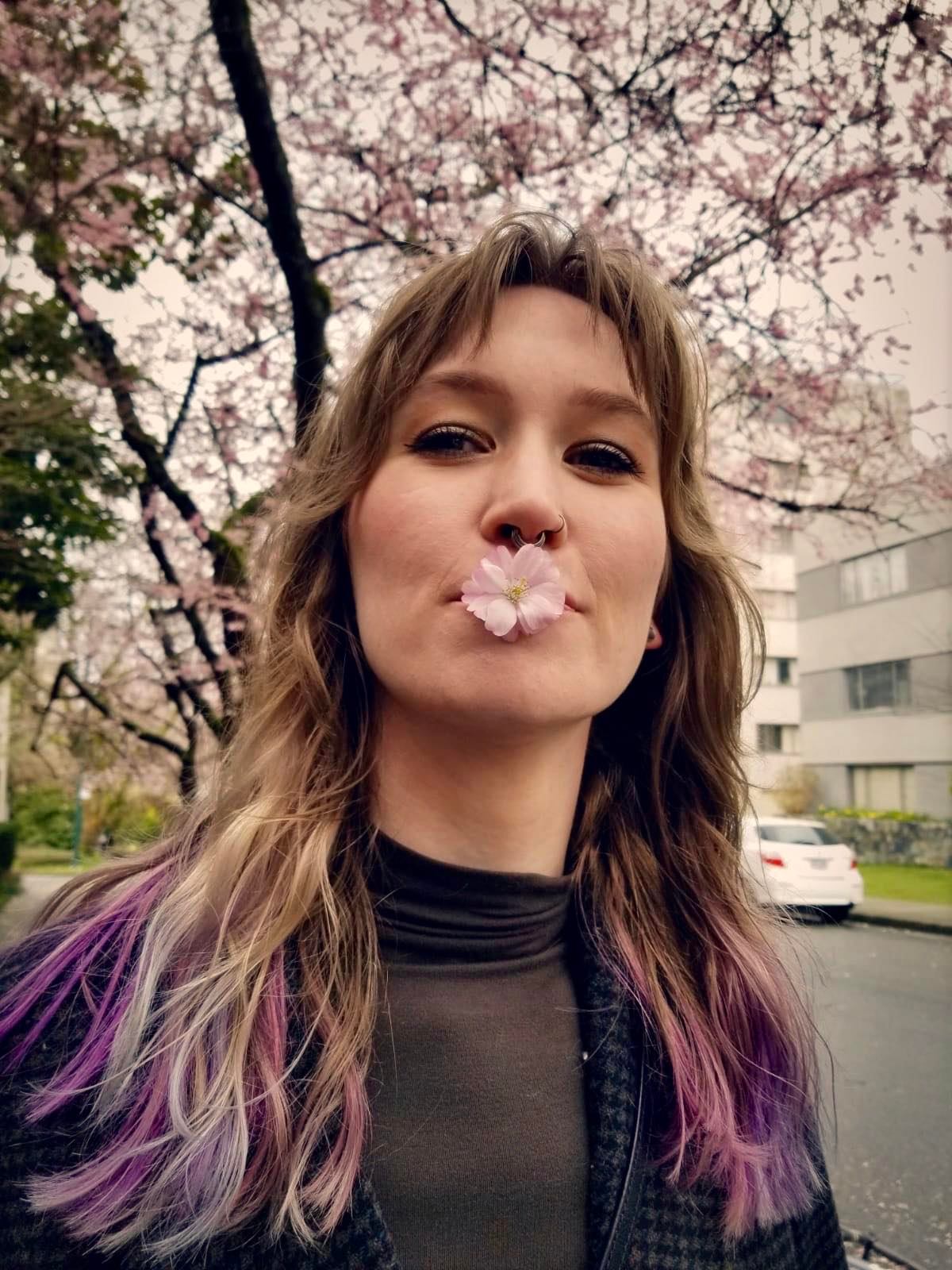Emily Tilton
Institutions of higher education can entrench or exaggerate existing social inequalities. Being a public scholar is one way to try and navigate this tension. By producing work that engages with, advances the interest of, and is accessible to people who are systematically excluded from the university, public scholars can try to diminish the negative impacts of the current system of higher education.
Research description
My research takes up a thorny but pressing question: who has the authority to speak to the oppressive forces that structure our social world? One initially attractive response is that only people who are subordinated by a particular oppressive force have the authority to speak to that force, because only they have the lived experience necessary for understanding it. This response has the benefit of challenging patterns of silencing and objectification that partially constitute the oppression that marginalized people face. But the costs of this response are significant. This response denies authority to the socially dominant by first denying that the socially dominant are capable of understanding oppression that they do not experience. This not only inadvertently excuses the ignorance of the socially dominant but also encourages them to withdraw and defer during discussions about oppression. Such passivity is inimical to the twin projects of understanding oppression and taking meaningful political action. Thus, we must come up with strategies that allow us to balance the need to empower marginalized groups with the need to hold the socially dominant accountable for their ignorance. A strategy that strikes this balance is necessary if we are to successfully build coalitions and work across difference.
What does being a Public Scholar mean?
Institutions of higher education can entrench or exaggerate existing social inequalities. These institutions thereby function in ways that are at odds with feminist (anti-racist, etc.) values. Being a public scholar is one way to try and navigate this tension. By producing work that engages with, advances the interest of, and is accessible to people who are systematically excluded from the university, public scholars can try to diminish the negative impacts of the current system of higher education. However, doing this effectively requires recognizing that writing and research alone cannot neutralize the tension between the social function of the university and feminist values. Real social change is needed, and real social change requires more.
In what ways do you think the PhD experience can be re-imagined with this Initiative?
The traditional philosophy PhD path trains you to write highly specialized and technical papers that are rarely read by people who do not work in your specific subfield. The Public Scholars Initiative compels its members to reconsider who their audience is, the content of their research, and the format of their research output. So, the Public Scholars Initiative prompts its members to use their skills to produce work that can have a more substantial impact.
How do you envision connecting your PhD work with broader career possibilities?
Currently, I hope to land a traditional academic job when I am done with the PhD. Should I either fail to do so or change my mind, I hope that my work through the Public Scholars Initiative will equip me to continue writing about feminist issues in a non-academic setting.
How does your research engage with the larger community and social partners?
My work aims to respond to and refine feminist thought as it appears both inside and outside of academia. For my work to have this effect, I must not only engage with feminist thought that is produced outside of the academy, but I must also make my work publicly available. To this end, my publications so far have been published open access, and I also hope to write pieces for non-academic venues in the coming year.
Why did you decide to pursue a graduate degree?
I majored in philosophy as an undergrad, but I was only introduced to feminist philosophy at the tail end of my degree. This brief introduction changed the way I approached philosophy. Before, I had seen philosophy as little more than a challenging and amusing mental game. My encounter with feminist philosophy prompted me to (belatedly!) recognize the value of using philosophical tools to think deeply and critically about the things that matter most to me. I pursued a graduate degree so that I could better develop my philosophical skills and (try to!) refine and advance feminist thought.
Why did you choose to come to British Columbia and study at UBC?
I was drawn to the philosophy department’s strengths in feminist philosophy and epistemology. I was especially excited to work with my advisor, Jonathan Ichikawa, and also Alison Wylie, who both work at the intersection of feminist philosophy and epistemology. I also love the friendly, social atmosphere of the department, and I’m grateful for the chance to live in Vancouver while getting paid to read and write!






